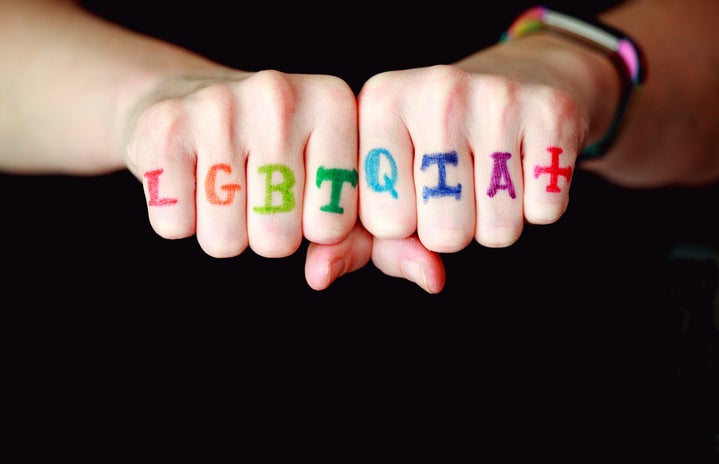At the beginning of the month, TMZ published an interview with Caitlyn Jenner in which she explained her views on trans athletes in sports. Her thoughts were that transgender women shouldn’t be allowed to compete in girls’ sports in schools. Jenner’s stance has been under some scrutiny since she herself is a trans woman and an Olympic champion.
Sex and gender in sport is a huge issue right now and has been for some years. Back in 2019, there was a case where the Court of Arbitration in Sport (CAS) ruled that athletes with disorders of sex development (DSD), would be required to lower their testosterone levels in order to compete as a female athlete. This is often in spite of the fact that they were raised and identified as females.
The case was taken to CAS by an athlete named Caster Semenya. Semenya argued that she herself had suffered discrimination because of her DSD. However, her case was ultimately lost in court.
While the Caster Semenya case and the debate on trans women in competitive sport are different in many ways, they both highlight some similar areas of sport that clearly need to be looked at.
While it is scientifically correct that testosterone CAN have an effect on performance in sport, it is impossible to determine WHAT effect it actually has. There have been instances where athletes with higher testosterone levels haven’t come out on top, and there have been instances when they have. The whole area is difficult to navigate.
It is also interesting to note, in the case of transgender women, as soon as they begin hormonal treatment, their testosterone levels are reduced, and therefore (in that case) the argument is made null anyway.
More importantly though, in my opinion, are the ethical issues that this brings about.
In 2021, people are encouraged to live the life they want, yet these trans women are being discriminated against for just living their true lives, whilst wanting to continue to participate in sports.
So, are they expected to just continue to play men’s sports? At what point will they be ‘accepted’ into women’s sports? Will they ever be truly accepted?

Then, I think of how much harder it must be when trans women face that discrimination in men’s sports and aren’t openly accepted into women’s sports either.
Cyclist Rachel McKinnon, who won the UCI Masters Track World Championship in 2018, estimated that she’d received over 100,000 hate messages after her win. Australian handball player, Hannah Mouncey, was dropped from the national team after refusing to change in a separate room to the rest of her team. Charlie Martin, a motorsports racer, had one friend in the sport who didn’t speak to her for over a year when she told them that she was a trans woman.
Now, I can’t make out that I can relate to these athletes, and I would hate anyone to think that I am speaking for them. But I think it is important that I stand with them. As someone who is passionate about sports and has seen how it changes people’s lives, I know that this is an important subject. What kind of talents on the pitches, tracks, fields and in the pools could we be losing by excluding these athletes from competing? There is so much work that needs to be done in sport to make it a safer, more inclusive environment for all.
Trans athletes are not a threat to women’s sports. They deserve the right to be able to do what they love and to be accepted by their teammates, competitors, and coaches- no one should have the right to take that away from them.
Words by: Alice Mason
Edited by: Tamikka Reid



